Section 1: Transition to Solar Accreditation Australia (SAA)
In February 2024, the Clean Energy Regulator (CER) announced a significant shift in Australia’s solar accreditation framework by appointing Solar Accreditation Australia (SAA) as the new accreditation scheme operator under the Small-scale Renewable Energy Scheme (SRES). This transition marked the end of the Clean Energy Council's (CEC) 16-year role in managing installer accreditation.
The CEC opted not to apply for the new scheme operator role, choosing instead to focus on broader advocacy and industry support. Accredited installers and designers were given a three-month transition period to transfer their certification to SAA. During this time, the CEC worked closely with both SAA and the CER to ensure a seamless handover. The transition was designed to uphold the high standards set by the CEC while introducing operational efficiencies under SAA’s management.
The move to SAA reflects the evolving needs of Australia’s renewable energy industry. The focus is now on streamlining accreditation processes while maintaining rigorous standards for safety, quality, and compliance. This collaboration between SAA, the CEC, and the CER ensures that solar professionals and consumers continue to benefit from a robust and reliable accreditation system. By stepping away from the administrative responsibilities of accreditation, the CEC has been able to redirect its efforts toward providing industry education and advocacy, reinforcing its commitment to the renewable energy sector.
Source: https://cleanenergycouncil.org.au/news-resources/new-solar-installer-and-designer-accreditation-provider-appointed
Section 2: Updates to PV Module Standards
To enhance the quality and safety of photovoltaic (PV) modules in Australia, the Clean Energy Council introduced new compliance requirements that took effect on October 1, 2024. All PV modules approved by the CEC are now required to meet the 2021 edition of the IEC 61215 series standards. This update aligns Australian regulations with international standards, ensuring that PV modules installed in the country meet the latest performance, durability, and reliability benchmarks.
The update is a critical step in maintaining consumer trust and supporting the sustainable growth of Australia’s solar industry. Manufacturers were notified in advance to allow for re-certification under the new standards. While most products transitioned successfully, some modules were granted an extension until March 31, 2025, due to exceptional circumstances. PV modules that failed to meet the updated standards were removed from the CEC’s approved product list, making them ineligible for Small-scale Technology Certificates (STCs).
For solar retailers and installers, these changes underscore the importance of verifying product compliance. The CEC’s Approved Products program provides a comprehensive list of certified PV modules, inverters, and batteries that meet Australian standards. This ensures that installations not only qualify for STCs but also deliver safe and reliable performance. By implementing these updates, the CEC reinforces its commitment to quality assurance and the advancement of solar technology in Australia.
Source: https://cleanenergycouncil.org.au/news-resources/approved-pv-module-standards-changeover-effective-from-october-1%2C-2024
Section 3: CEC's Ongoing Role in the Solar Industry
Although the Clean Energy Council no longer oversees installer accreditation, its role in Australia’s renewable energy sector remains vital. The CEC continues to drive progress by advocating for industry-friendly policies, providing technical support, and ensuring consumer protection through various initiatives.
One of the CEC’s primary responsibilities is managing the Approved Products program. This initiative ensures that all solar PV modules, inverters, and batteries meet stringent Australian standards. By maintaining an up-to-date list of compliant products, the program helps installers deliver safe and efficient systems while enabling consumers to make informed decisions.
Additionally, the CEC administers the New Energy Tech Consumer Code (NETCC), which aims to protect consumers engaging with emerging technologies, such as battery storage and energy management systems. The CEC also offers valuable resources and training through its myCEC platform, which supports installers in navigating regulatory changes, accessing technical tools, and enhancing their business practices.
These ongoing efforts highlight the CEC’s commitment to fostering a sustainable and robust renewable energy sector. By focusing on advocacy, education, and consumer protection, the CEC continues to play a crucial role in accelerating Australia’s clean energy transition while supporting the growth and success of solar professionals nationwide.
Source: https://cleanenergycouncil.org.au/news-resources/supporting-australian-solar

Solar Financing with Fundd and Solar Superstore: Your Path to Affordable Solar


Switching to solar has never been easier with Solar Superstore and Fundd. Together, we offer flexible and accessible financing solutions tailored to your needs, helping you power your home with renewable energy without the upfront cost. Fundd's innovative solar financing options enable you to spread payments over time, while Solar Superstore provides high-quality solar panels, inverters, and battery systems at competitive prices.
With this partnership, you can enjoy lower energy bills, increased energy independence, and a smaller carbon footprint—starting today. Whether you're upgrading your existing solar setup or going solar for the first time, Solar Superstore and Fundd are here to make renewable energy affordable and hassle-free.
Click here and start saving today!
Shop Solar at Solar Superstore


Get top-quality solar panels, inverters, and batteries at unbeatable prices. Compare trusted brands, enjoy fast delivery, and power your home sustainably. Solar Superstore makes going green easy and affordable.
Click here and save!
